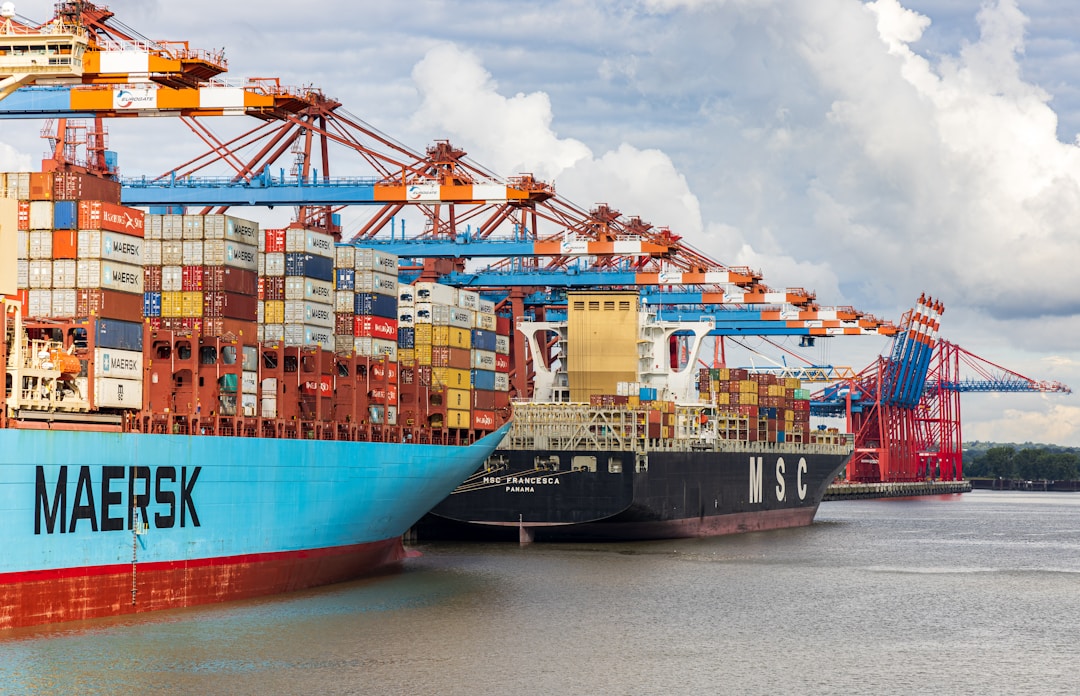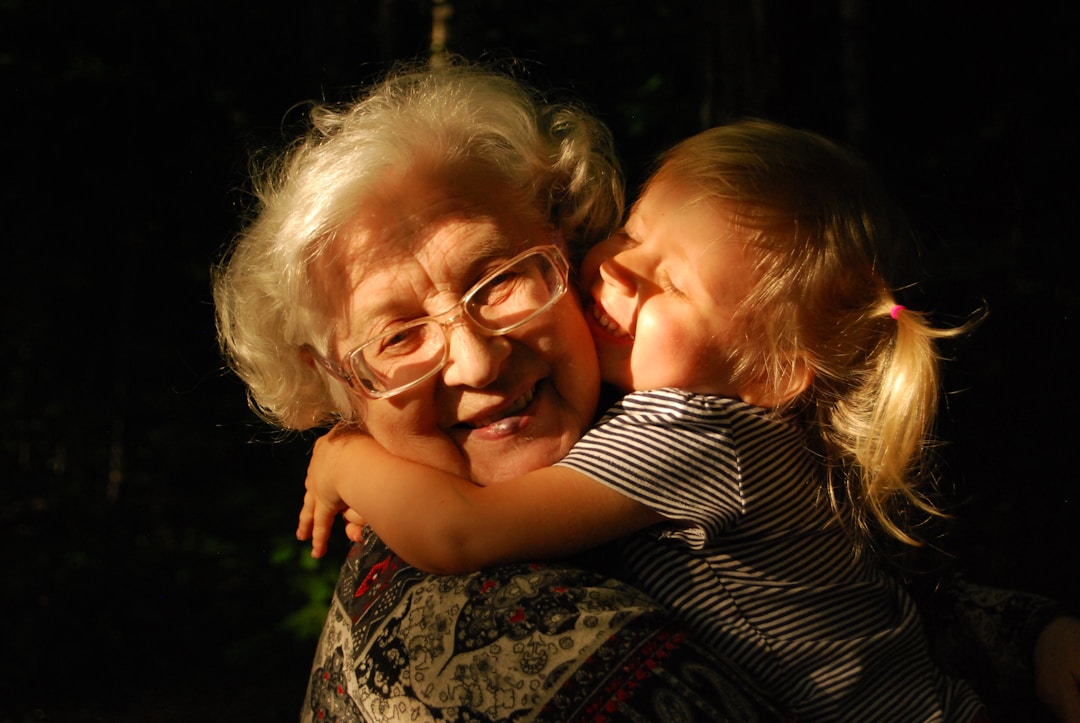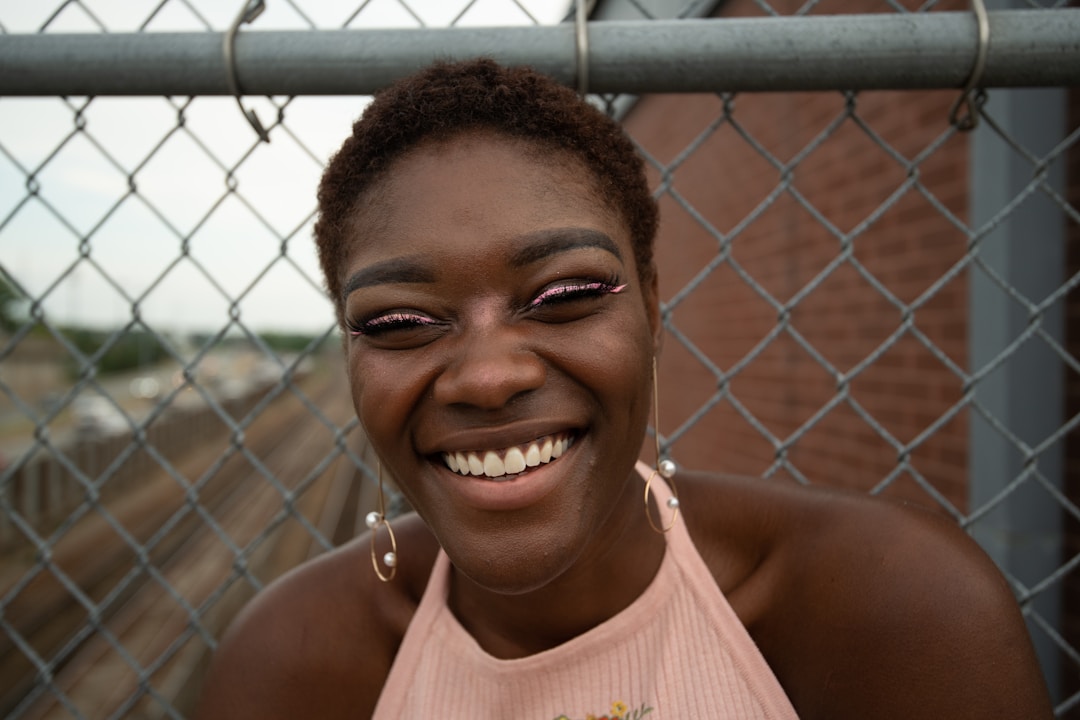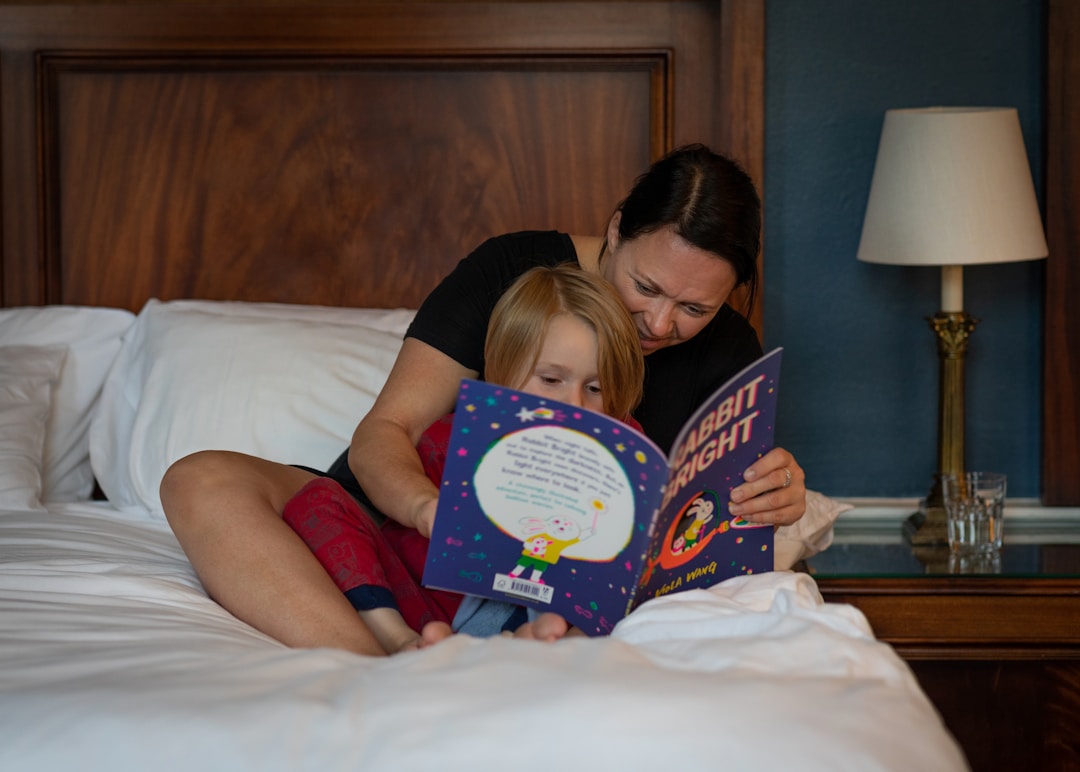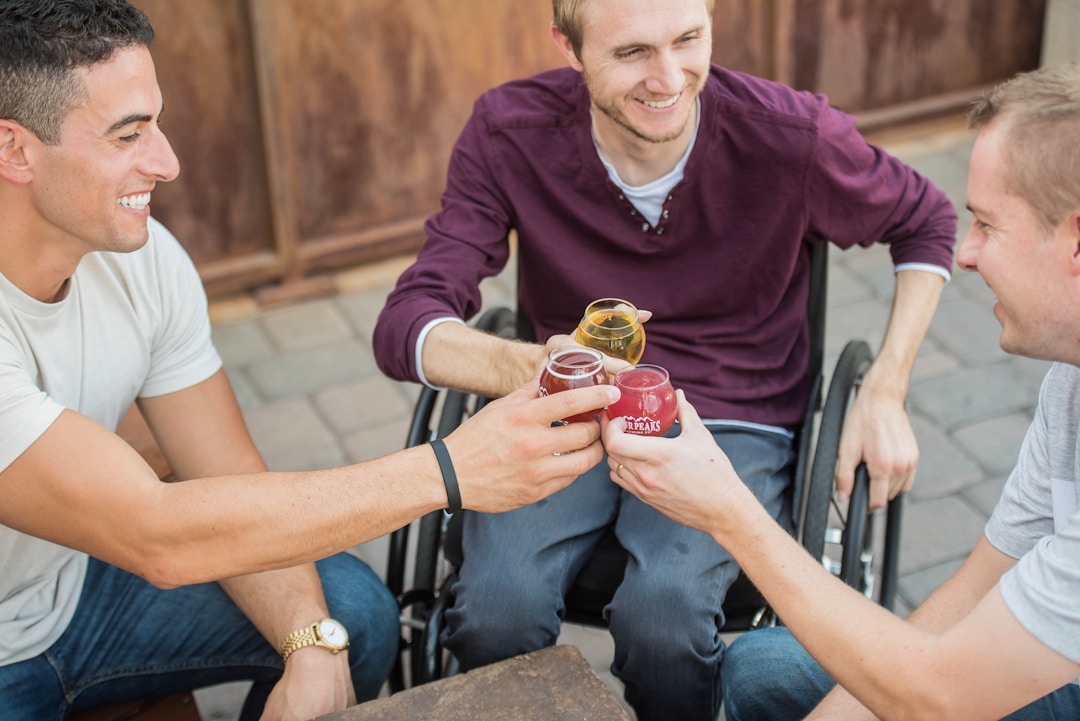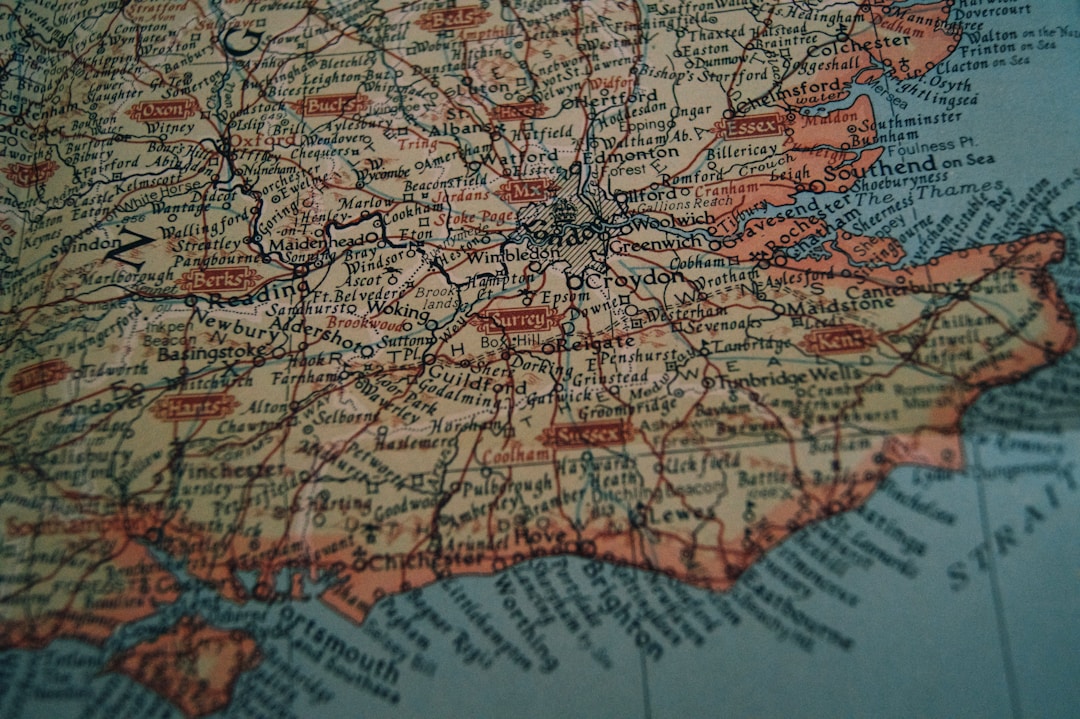Fairness is about freedom
The Fairness Index is about measuring freedom, as much as measuring fairness:
- Freedom from want (fair essentials)
- Freedom to fulfil your potential (fair opportunities)
- Freedom to be rewarded for a decent day’s work (fair rewards)
- Freedom to be supported when needed (fair exchange)
- Freedom to participate in society on an equal footing (fair treatment)
The only effective way to ensuring that everyone enjoys these freedoms is to reduce inequality (rather than compensating for it).
One person’s freedom should not mean other people suffer misery. Liz Truss, 5 August 2022
Fairness is a precondition for people to exercise responsibility, agency and opportunity
In a very unequal society, we don’t do enough to enable individuals to take responsibility or to give them the opportunities to thrive. We talk about a society of individual opportunity, but we live in a society scarred by inequality, in which people can be born into circumstances in which there are huge barriers to opportunity.
These barriers to opportunity deny people the freedom to make positive choices, and deny them the chance to exercise individual agency and responsibility.
People have to be brilliant to succeed in the face of these barriers, and the fact that a few do - and are rightly celebrated for it - does not mean that everyone has the opportunities that they should have. Those who have not succeeded are not moral failures or feckless; they have not been given the same chances to succeed as most of us. Would each of us reading this article be where we are today if we had been born into real poverty?
Of course, poverty and economic inequality are not the only barriers to opportunity. There are often additional barriers for women, ethnic minorities, disabled people and people living in more deprived areas of the country.
Failing to address these barriers to opportunity is a colossal waste of talent and potential, for those individuals and for our society and economy as a whole. The course that we are on at the moment is one of economic stagnation, social segregation and democratic decline, to say nothing of environmental collapse. We need to take urgent action to build a fairer society, so as to protect future generations, repair what is broken and conserve what is not. The private sector and civil society both have a key role to play, but they cannot do it on their own; an enabling state is needed, now more than ever.
Disadvantage is corrosive and compounds over time
Economic and social inequality lead to the ‘clustering’ of disadvantage, defined not only in terms of money but also in terms of social factors such as power, influence and social capital. In unequal societies, those at the bottom tend to suffer from multiple ‘clustered’ disadvantages in parallel. These often reinforce each other. People are often forced to make increase their risk exposure in one area in order to reduce it in another (for example, by taking on a job with unhealthy or unsafe working conditions to make ends meet). We need to replace the vicious cycle of these ‘corrosive disadvantages’ with a virtuous cycle of ‘fertile functionings’.
We need to focus on developing people’s capabilities…
We should strive for 'equality of capability’, in which "the ability and means to choose our life course should be spread as equally as possible across society", giving everyone an equal opportunity to develop up to his or her potential, rather than to maximise their wealth or status. Capabilities (or substantive freedoms) include the ability to live to old age, to engage in economic transactions, and to take part in political activities. They may be limited by a lack of personal resources, but also by the economic, social, political, cultural, and environmental conditions in society.
… and on tackling bottlenecks to opportunity
Giving people equal opportunities is impossible, because of family differences, the influence of unequal outcomes in the past, and differences in goals and opportunities. However, we can make opportunities fairer by helping people to get through or around the key bottlenecks that influence people’s life chances. These include poverty, developmental opportunities in early childhood, and access to higher education. There are often multiple ways around a bottleneck; for example, you can help more people get to university, but you can also reduce the importance of degrees in the job market. Opportunity is more about freedom than equality, in the sense that it is about loosening the constraints that limit the lives that people can pursue, and giving people the freedom to pursue lives that they value rather than having lives constrained by limited opportunities. We can’t achieve meritocracy by providing everyone with equal opportunities at a perfectly positioned ‘starting gate’, because the starting gate will always be subject to unfairness in terms of previous opportunities and outcomes.
New research is measuring how much inequality is ‘fair’ or ‘unfair’
A new field of research (summarised here) is providing clues as to the extent to which inequality is ‘unfair’ (because it is the result of unequal opportunities due to different circumstances) or ‘fair’ (because it is the result of individual effort). Research also suggests that inequality of opportunity undermines economic growth. The research is still at an early stage, and there are concerns that some proposed percentages of inequality that can be attributed to circumstances rather than effort in various countries may be significant underestimates. The research by Bristol University also factors in freedom from poverty alongside equality of opportunity, as the two preconditions for ‘fair’ inequality.
Income inequality reduces social mobility
Opportunities have got worse rather than better for recent generations. One in three sons born in poverty in 1970 were still among the lowest earners as adults. Young people today are facing larger income divides, wider gaps in terms of home ownership, lower relative wages and fewer opportunities for advancement. The ‘Great Gatsby curve’ shows a strong inverse link between income inequality and social mobility; wider gaps between rich and poor lead to more rigid societies. Countries like the UK and US suffer from both high inequality and low social mobility.
Inequality is more important than education in determining mobility
In most countries, education has done little to improve social mobility, which is low in the UK for both high and low earners. The home environment that children grow up in and their work situation are at least as important in determining future prospects. The likelihood of climbing the ladder in terms of income or class is heavily influenced by family background. Home ownership rates are increasingly immobile across generations. The pandemic has also reduced social mobility because children from disadvantaged backgrounds lost more learning hours when schools were closed.









